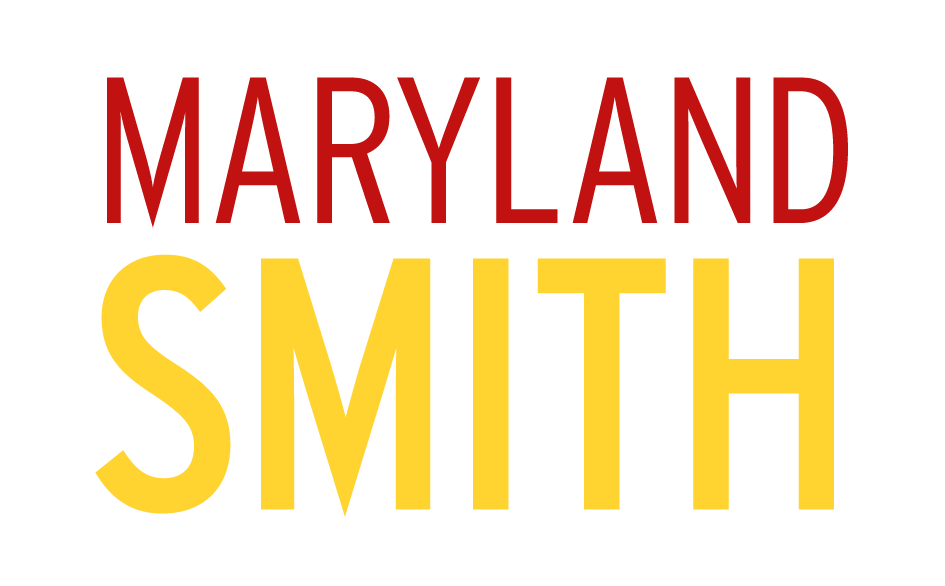Newswise — It can be difficult in times of great turmoil to find the right words. But business leaders and brands can try. And sometimes, when they succeed, it can have a significant impact, says marketing professor Amna Kirmani at the University of Maryland’s Robert H. Smith School of Business.
Kirmani, editor-in-chief of the Journal of Consumer Psychology and forthcoming co-editor of the Journal of Consumer Research, has studied how consumers interact with brands based on their corporate social responsibility actions.
As millions of people around the country have gathered to protest the police killing of George Floyd and other examples of brutality and social inequality, Kirmani examined the role that brands play in leading a conversation.
Citi CFO Mark Mason, for example, published a widely shared letter on Citi’s website. Companies such as Twitter, Apple, Netflix, Disney and Levi’s, released statements. Nike released a powerful, one-minute video.
In times of turmoil, Kirmani says, companies may respond differently, but the intent behind their messaging must be authentic and responsible.
“In the case of Citi and Mason, the message was not an official statement from the company, it was more of a personal appeal,” says Kirmani. “A lot of African Americans in power feel compelled to say something because this is deeply personal for them, and they are terrified and heartbroken and angry to see what is playing out.”
Consumer-facing companies, in general, have become more vocal about their corporate social responsibility actions in recent years, Kirmani says. Consumers, particularly younger ones, demand it.
They want companies to show their values by donating to causes they align with.
“Millennials are a driving force behind this change because they want to see their brands and companies to take a stand on social issues,” says Kirmani.
But a key to the message is authenticity, she says. Companies must consider whether they are in a position to properly contribute to the dialogue given their previous actions, Kirmani says.
“What’s coming out is companies trying to showcase corporate responsibility by putting their money where their mouth is, and donating to different causes and legal defense funds,” Kirmani says.
“These companies are not doing this in hopes to sell their products, but rather because it is the right thing to do.”
In the wake of the George Floyd protests, Nike was able to capture public sentiments with its “Don’t Do It” campaign. The message aligns with the brand’s 2018 ad campaign in support of former NFL quarterback Colin Kaepernick.
By contrast, a statement released by the NFL and commissioner Roger Goodell feels disingenuous, she says, given how Kaepernick was actively barred from the league after sparking controversy by taking a knee during the televised national anthem in protest of police brutality.
“If the NFL wanted to make their statement more believable, they could have shown their support for Kaepernick and the causes he has championed, but they didn’t,” says Kirmani. “That’s an organization whose actions belie its words.”
Some companies will be slow to release statements, says Kirmani, wary of having their message misconstrued by those who disagree. Some who want to take a stand against police brutality may worry about appearing to be against law enforcement as a whole. But silence is not a winning strategy, she says.
“People will be interested to see which companies spontaneously took a stand, those who were compelled to take a stand, and those that won’t take a stand at all,” Kirmani says.
MEDIA CONTACT
Register for reporter access to contact detailsRELEVANT EXPERTS
Amna Kirmani
Ralph J. Tyser Professor of Marketing
University of Maryland, Robert H. Smith School of Business